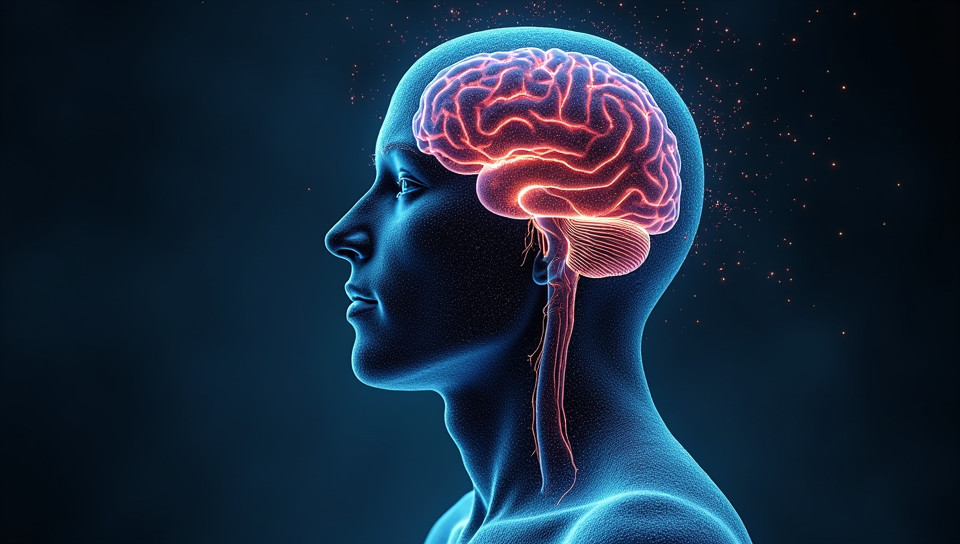Bodily processes occur independently of the brain 65%

The Body's Autonomy: A Closer Look at Bodily Processes
Have you ever woken up from a night of sleep, stretched your limbs, and felt invigorated without even thinking about it? Or, have you ever been walking in nature, taken in the sights and sounds, and felt a sense of calm wash over you without any conscious effort? These experiences might suggest that our bodily processes occur independently of our brain's control.
What are Bodily Processes?
Bodily processes refer to the complex series of events that occur within our bodies, such as digestion, respiration, circulation, and immune responses. While it may seem intuitive to attribute these functions to the brain, research has shown that many bodily processes can continue to operate even when the brain is not actively engaged.
The Autonomic Nervous System
One key player in this phenomenon is the autonomic nervous system (ANS). The ANS is a branch of the nervous system that regulates various involuntary functions, such as heart rate, blood pressure, and digestion. While the ANS receives input from the brain, it can also operate independently to maintain homeostasis and respond to internal needs.
- Examples of ANS functions include:
- Regulating body temperature
- Controlling heart rate and blood pressure
- Digesting food in the stomach and intestines
- Processing emotions, such as fear or excitement
The Gut-Brain Connection
The gut-brain connection is another area where bodily processes occur independently of conscious thought. The enteric nervous system (ENS) is a complex network of neurons that governs digestion, absorption, and waste elimination in the gut. Research has shown that the ENS can function autonomously, producing neurotransmitters and hormones that influence mood, appetite, and other physiological processes.
Implications for Our Understanding of Consciousness
The realization that bodily processes occur independently of the brain challenges our traditional understanding of consciousness. If the body can operate without conscious input, what does this mean for our perception of free will? Does our autonomy extend beyond the confines of our brains?
Conclusion
Bodily processes are a fascinating example of the intricate interplay between the nervous system and the physical world. By acknowledging that many bodily functions occur independently of conscious thought, we can deepen our appreciation for the complex mechanisms that govern our existence. As we continue to explore the intricacies of bodily autonomy, we may uncover new insights into the nature of consciousness itself.
- Created by: Linda Collins
- Created at: Nov. 2, 2024, 2:48 p.m.
- ID: 15373








